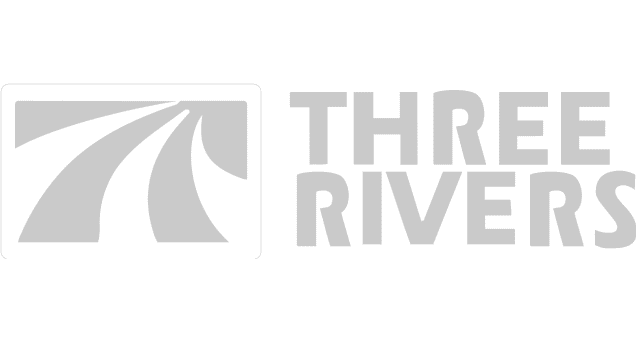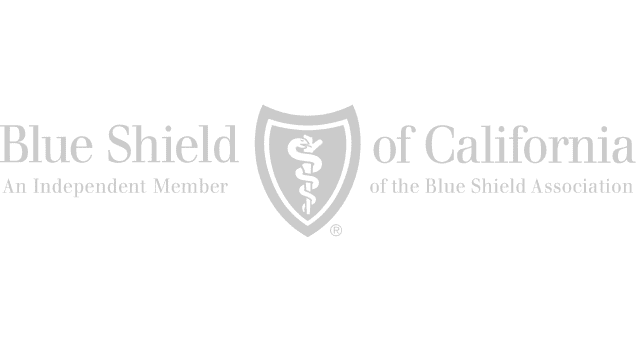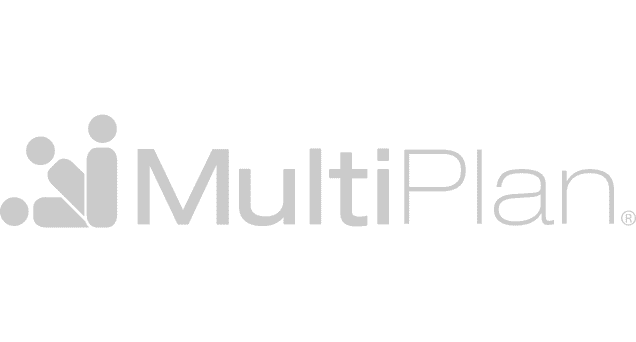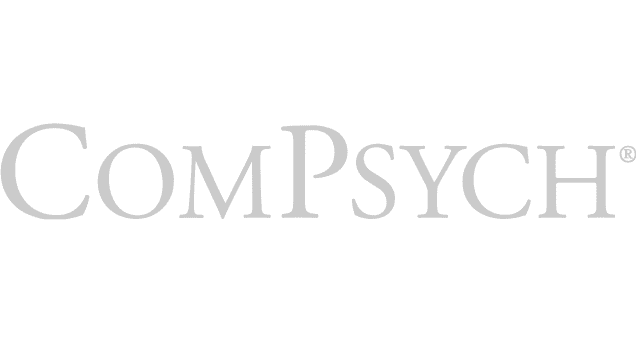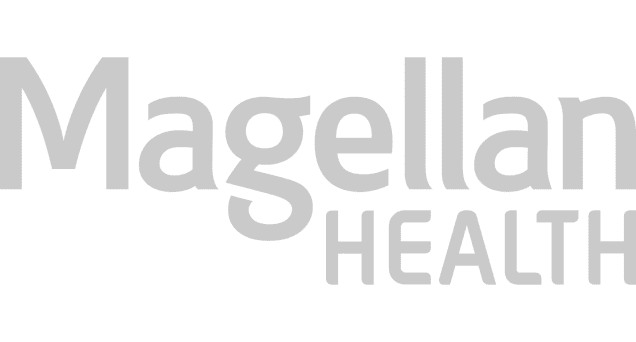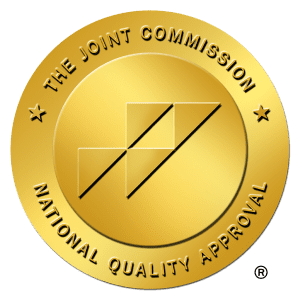Before we delve into the depths of life skills and coping strategies, it’s essential to grasp the significance of the term “designation” in the context of addiction recovery. This designation embodies your commitment to maintaining sobriety and your active participation in the recovery process. It’s a pledge to yourself, a promise to prioritize your health and well-being, and an unwavering resolve to live a life free from the chains of addiction.
Embracing Sobriety: Life Skills and Coping Strategies for Lasting Recovery
Are you or a loved one on the path to recovery from addiction? At Grata House, a luxury addiction treatment center nestled in the heart of Los Angeles, CA, we understand that both challenges and triumphs mark the journey to lasting sobriety. To support you on this profound journey, we want to share a comprehensive guide to essential life skills and coping strategies that can make a profound difference in your recovery journey.

Embracing Sobriety: Life Skills and Coping Strategies for Lasting Recovery
Are you or a loved one on the path to recovery from addiction? At Grata House, a luxury addiction treatment center nestled in the heart of Los Angeles, CA, we understand that both challenges and triumphs mark the journey to lasting sobriety. To support you on this profound journey, we want to share a comprehensive guide to essential life skills and coping strategies that can make a profound difference in your recovery journey.

Understanding the Designation

Life Skills for Lasting Sobriety
While addiction recovery is a profoundly individualized journey, there are several fundamental life skills that prove invaluable in the pursuit of lasting sobriety. Here’s a closer look at these skills:
- Effective Communication: Learning how to express your emotions, thoughts, and needs constructively is paramount. Effective communication fosters healthier relationships and minimizes misunderstandings that could otherwise lead to relapse.
- Stress Management: Coping with stress is a universal challenge, but for those in recovery, it’s especially critical. Developing healthy stress management techniques, such as mindfulness, exercise, or engaging hobbies, can serve as a powerful bulwark against relapse.
- Time Management: A well-structured daily schedule can work wonders in keeping boredom at bay—a common relapse trigger. Effective time management ensures that each day is purposeful and engaging, reducing the temptation to resort to substances for stimulation.
- Financial Literacy: Many individuals in recovery find themselves grappling with financial stressors. Acquiring financial literacy skills equips you with the tools to manage your finances prudently, safeguarding your sobriety from the turmoil of financial instability.
- Healthy Relationships: Nurturing positive, supportive relationships is an ongoing process. Identifying and distancing yourself from toxic relationships while setting healthy boundaries in your interactions can fortify your sobriety.

Life Skills for Lasting Sobriety
While addiction recovery is a profoundly individualized journey, there are several fundamental life skills that prove invaluable in the pursuit of lasting sobriety. Here’s a closer look at these skills:
- Effective Communication: Learning how to express your emotions, thoughts, and needs constructively is paramount. Effective communication fosters healthier relationships and minimizes misunderstandings that could otherwise lead to relapse.
- Stress Management: Coping with stress is a universal challenge, but for those in recovery, it’s especially critical. Developing healthy stress management techniques, such as mindfulness, exercise, or engaging hobbies, can serve as a powerful bulwark against relapse.
- Time Management: A well-structured daily schedule can work wonders in keeping boredom at bay—a common relapse trigger. Effective time management ensures that each day is purposeful and engaging, reducing the temptation to resort to substances for stimulation.
- Financial Literacy: Many individuals in recovery find themselves grappling with financial stressors. Acquiring financial literacy skills equips you with the tools to manage your finances prudently, safeguarding your sobriety from the turmoil of financial instability.
- Healthy Relationships: Nurturing positive, supportive relationships is an ongoing process. Identifying and distancing yourself from toxic relationships while setting healthy boundaries in your interactions can fortify your sobriety.
Your Journey to Wholeness Begins with Only a Willingness
We’re here to encourage and support you.
Start On Your Path today!
Need Clarity? Text or Call our Admissions Team Anytime.
Your Journey to Wholeness Begins
with Only a Willingness
We’re here to encourage and support you: Start On Your Path today! Need Clarity?
Text or Call our Admissions Team Anytime.
Coping Strategies for Lasting Sobriety

Call Grata House Today
If you or someone you care about is currently grappling with addiction or in the early stages of recovery, Grata House stands ready to extend a helping hand. Reach out to our compassionate and experienced team today at 805-303-5481 to take that pivotal first step towards a healthier, more fulfilling, and sober future.

Call Grata House Today
If you or someone you care about is currently grappling with addiction or in the early stages of recovery, Grata House stands ready to extend a helping hand. Reach out to our compassionate and experienced team today at 805-303-5481 to take that pivotal first step towards a healthier, more fulfilling, and sober future.
Your Journey to Wholeness Begins
with Only a Willingness
We’re here to encourage and support you.
Start On Your Path Today!
Need Clarity? Text or Call our Admissions Team Anytime.
Your Journey to Wholeness
Begins with Only a Willingness
We’re here to encourage and support you. Need Clarity? Text or Call our Admissions Team Anytime.
Start On Your Path today!
FAQS
- What is the importance of life skills in addiction recovery?
- How can I find the right support group for my recovery?
- What is the role of therapy in addiction recovery?
- Is Grata House a luxury addiction treatment center accessible to everyone?
- How can I pay for addiction treatment at Grata House?
Life skills empower individuals to navigate life’s challenges without resorting to substances, enhancing their ability to cope effectively and maintain sobriety.
Research local support groups, attend a few meetings, and assess if they align with your needs and preferences. Grata House can also provide guidance in this regard to help you find the perfect fit.
Therapy helps individuals address the underlying causes of addiction, develop coping strategies, and gain valuable insights into their behaviors and emotions, contributing to a successful and lasting recovery.
While we offer a luxurious environment, we are committed to providing addiction treatment services that cater to a wide range of individuals. We offer tailored programs to meet specific needs and financial assistance options.
Grata House accepts various insurance plans, and our dedicated team can assist you in understanding your coverage and exploring financing options to make treatment accessible and affordable.
FAQS
- What is the importance of life skills in addiction recovery?
- How can I find the right support group for my recovery?
- What is the role of therapy in addiction recovery?
- Is Grata House a luxury addiction treatment center accessible to everyone?
- How can I pay for addiction treatment at Grata House?
Life skills empower individuals to navigate life’s challenges without resorting to substances, enhancing their ability to cope effectively and maintain sobriety.
Research local support groups, attend a few meetings, and assess if they align with your needs and preferences. Grata House can also provide guidance in this regard to help you find the perfect fit.
Therapy helps individuals address the underlying causes of addiction, develop coping strategies, and gain valuable insights into their behaviors and emotions, contributing to a successful and lasting recovery.
While we offer a luxurious environment, we are committed to providing addiction treatment services that cater to a wide range of individuals. We offer tailored programs to meet specific needs and financial assistance options.
Grata House accepts various insurance plans, and our dedicated team can assist you in understanding your coverage and exploring financing options to make treatment accessible and affordable.

